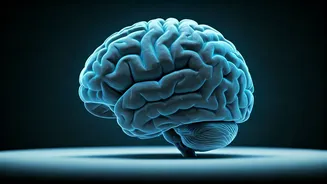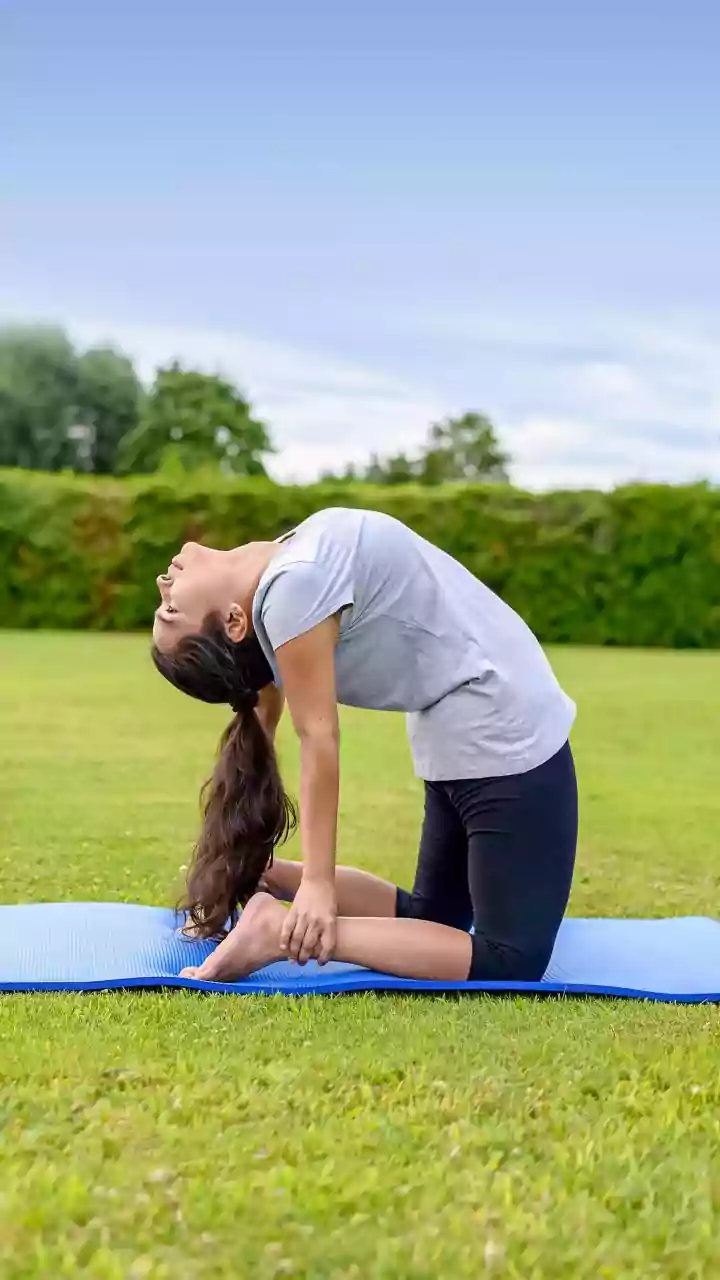Brain Health First
Taking proactive steps to safeguard brain health is crucial. Cognitive decline, including conditions like dementia, poses significant challenges to both
individuals and their families. The good news is that certain lifestyle choices can substantially lower the risk of developing these conditions. One of the most effective strategies is regular physical exercise. Daily movement not only benefits the body but also plays a pivotal role in maintaining and enhancing cognitive function. By incorporating specific exercises into your routine, you can actively contribute to a healthier brain and potentially delay the onset of dementia. This involves a commitment to making these practices a regular part of your life, understanding that consistent effort yields the best results in the long run. The choices made each day directly impact the brain's health and resilience.
Daily Exercise Essentials
The beauty of brain-boosting exercises lies in their accessibility. They don't require expensive equipment or grueling workout sessions. Simple activities integrated into daily life can make a profound impact. Walking is a fantastic starting point. Aim for at least 30 minutes of brisk walking most days of the week. This improves blood flow to the brain, delivering essential oxygen and nutrients. Other beneficial exercises include stretching, which enhances flexibility and reduces stiffness, and light aerobics, such as dancing or cycling, which boost cardiovascular health. Strength training, using body weight or light resistance, is also beneficial. Consistency is paramount; make these exercises a non-negotiable part of your day. Even a few minutes of movement each day can yield noticeable benefits over time. These exercises create positive changes in the brain.
Focus on Balance
Balance exercises are particularly important for brain health and the prevention of falls, which can lead to head injuries and further cognitive decline. These exercises improve coordination and stability. Consider simple balance practices, such as standing on one leg for a few seconds, or doing heel-to-toe walking. Practicing these exercises in a safe environment, near a wall or chair for support, is crucial, especially for beginners or those with mobility concerns. Balance exercises improve nerve connections to improve balance and coordination. This helps to prevent falls and keep the brain healthy and active. Regularly working on balance ensures the longevity of cognitive skills.
Challenge Your Mind
While physical exercise is vital, don't forget to engage the mind! Cognitive stimulation, like mental exercises, is essential for comprehensive brain health. Incorporate activities that challenge your memory, problem-solving skills, and overall cognitive functions. Play puzzles, crossword puzzles, or Sudoku regularly. Learning a new skill, such as a new language or musical instrument, can significantly boost cognitive function. Engaging in social activities and discussions helps keep your mind sharp by stimulating brain activity. All mental exercises help to create cognitive reserves, which make the brain more resilient to age-related decline. Combining physical exercise with mental stimulation creates a holistic approach that supports both body and brain.
Consistency, Key Element
The benefits of brain-boosting exercises are not instantaneous; they emerge through consistency and regular practice. It is important to make these activities a regular part of your daily routine, much like brushing your teeth. Begin by setting realistic goals; even short sessions are beneficial. As you gain strength and endurance, gradually increase the duration or intensity of your workouts. Track your progress, and celebrate milestones to maintain motivation. Remember that even small improvements can have a significant impact on brain health. Making brain-boosting exercises a habit means a healthier brain and a better life.






















